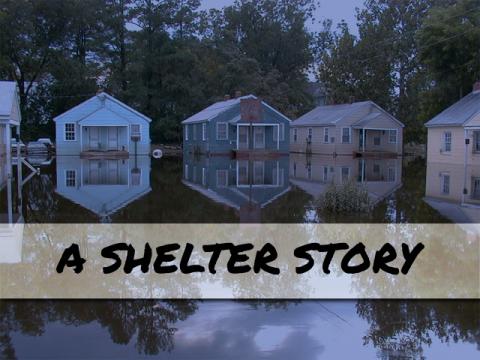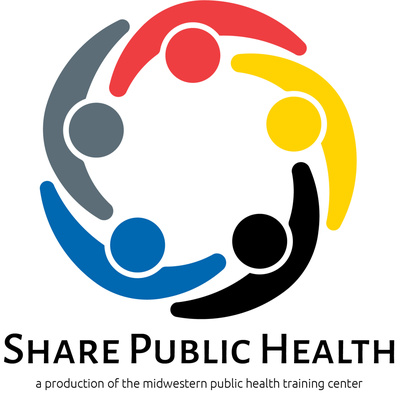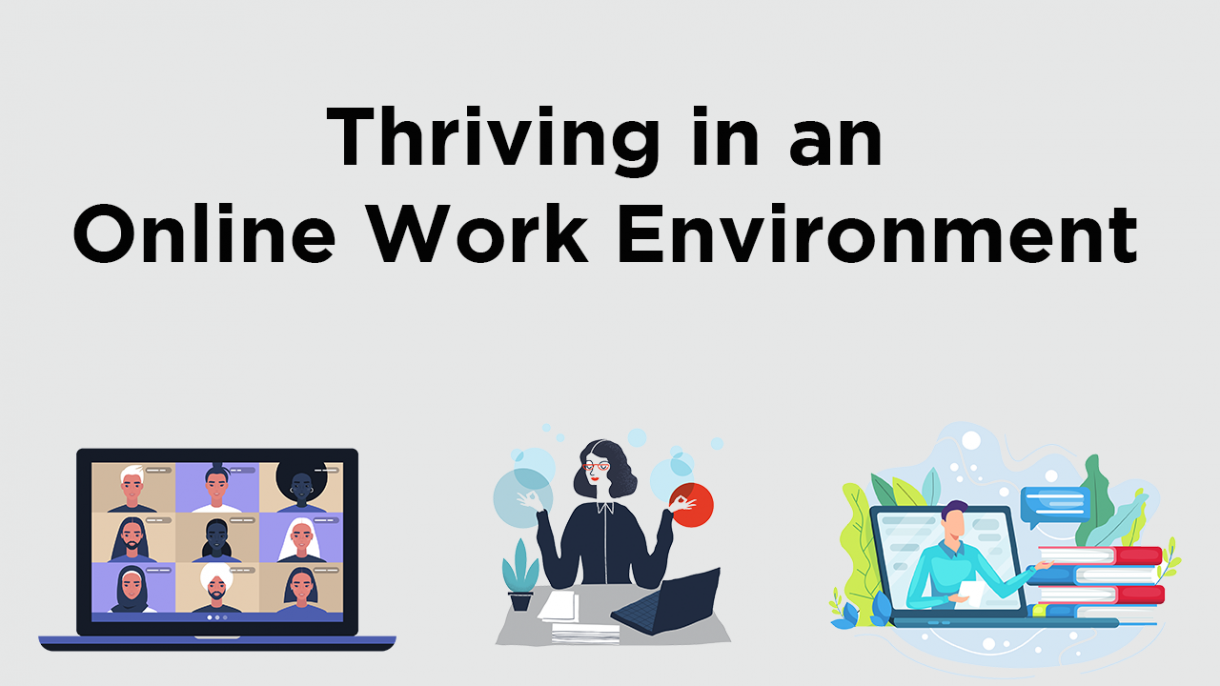The learner's goal in this course is to master the knowledge and skills needed to collaborate with community stakeholders on integrating Functional Needs Support Services (FNSS) into local emergency shelter plans.
This one-hour video-based course consists of five sections with estimated viewing times as follows:
- Getting Started (5 minutes)
- The Hot-Wash Sessions (20 minutes)
- >The Demographics of Disaster (15 minutes)
- An Open Conversation (10 minutes)
- Invitation to Planning (5 minutes)
Allow an additional five minutes to complete the Post-Test.
Intended Audience
Emergency managers, shelter planners, and other mid-level public health professionals responsible for community preparedness are the intended audience for this course.
Learning Objectives
After participating in this scenario, learners should be ableto:
- Identify FNSS-related gaps in shelter plans.
- Relate demographic information to a community’s FNSS-related needs.
- Adopt strategies for providing FNSS in mass-care settings.
- Partner with FNSS providers by means of MOUs and other types of agreements.
- Engage people with FNSS-related needs in shelter planning.
Pre-requisites/Learning Level
No Pre-requisites
Competencies addressed
PERLC Competencies (KSAs)
Domain I: Model Leadership
1.3 - Facilitate collaboration with internal and external emergency response partners.
- Compare the roles of relevant internal and external emergency response partners (including, but not limited to, agencies, organizations, authorities, elected leaders, and stakeholders).
- Develop partnerships among internal and external emergency response partners.
- Develop collaborative emergency response plans and/or policies with appropriate internal and external emergency response partners.
- Apply communication strategies to effectively communicate with internal and external response partners.
- Maintain agreements (e.g., Mutual Aid Agreements or MAAs, Emergency Management Assistance Compacts or EMACs, Memoranda of Understanding or MOUs) with external emergency response partners to secure and provide assistance and resources in all phases of emergency preparedness and response.
CEUs Offered
None
Cost
Free
Modality/format
Online Self-Pace
Length
1 hour
Presenter(s) and/or Content Experts
Jane Gay, Gay A. Jones, B.J. Dvorak, Mark Martin, Dr. Sally H. Chai, PhD, John Choate, Melissa Richlen, Nathan Lothamer, Tim Beachy
Technical requirements
- Adobe Acrobat Reader
- Speakers
Registration requirements
Register a free account
Creation and/or update
September 5, 2013





